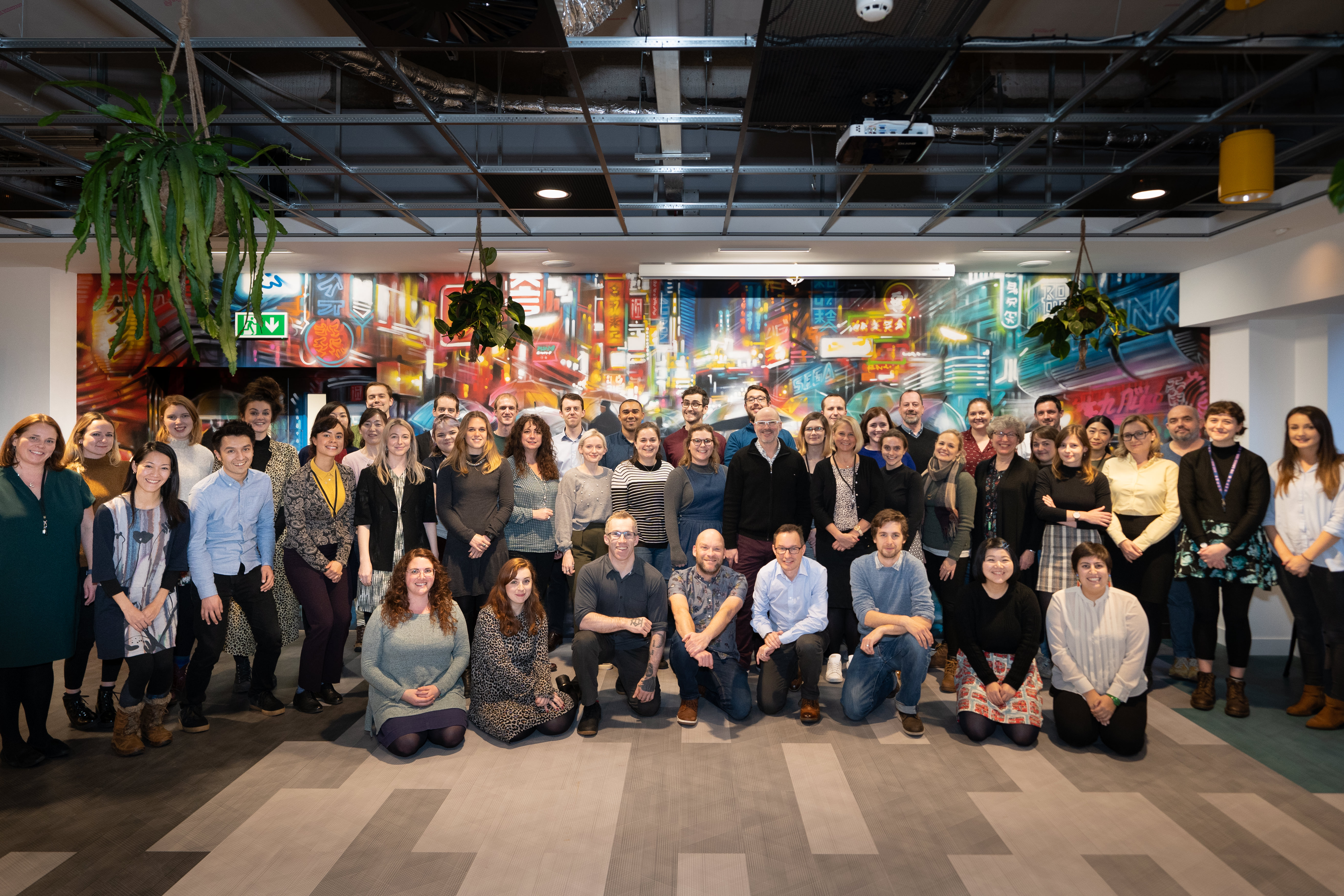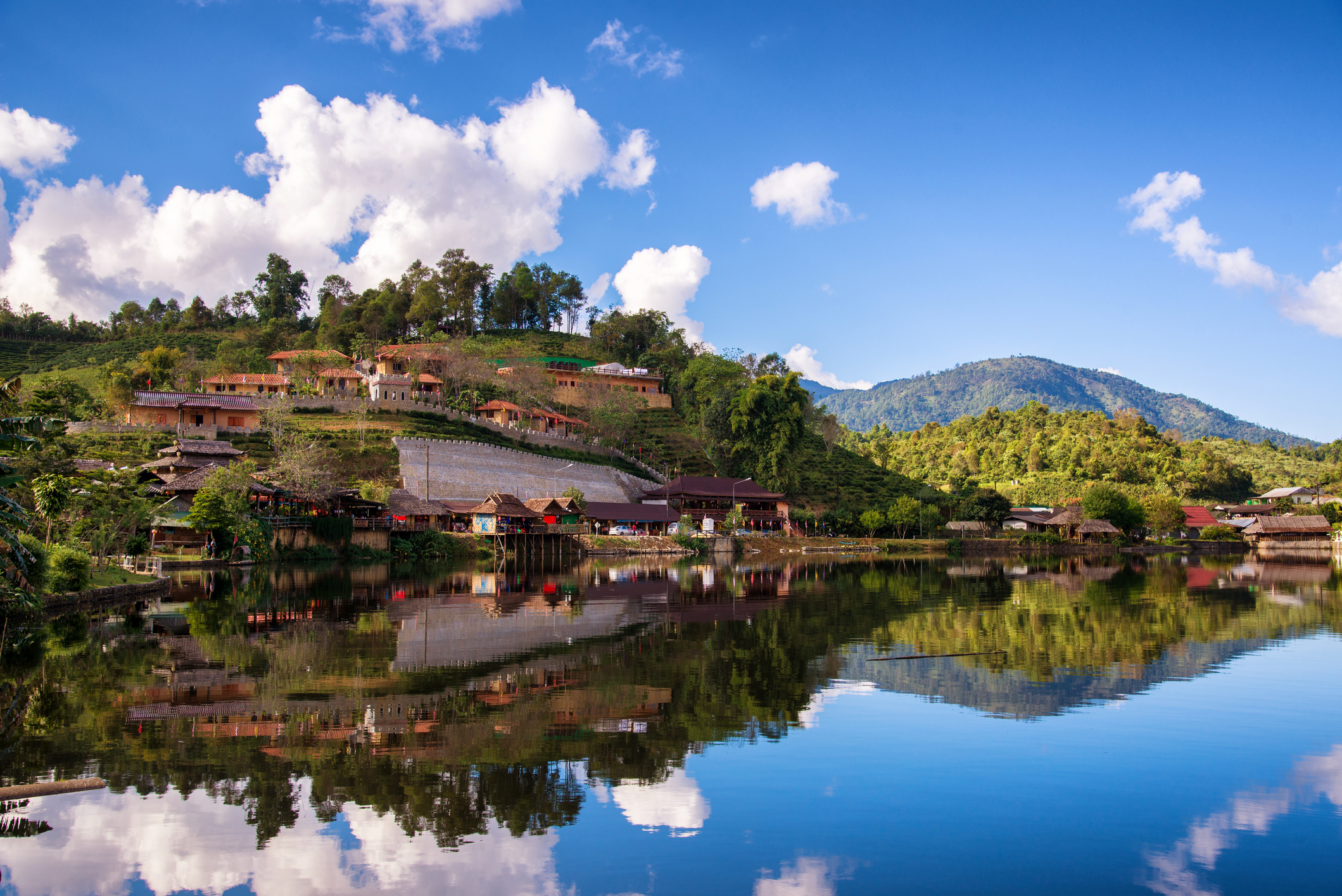
Our lowdown on Thailand
Why visit Thailand? This is what we love about the country.

Thailand is Asia’s most enduringly popular holiday destination, its capital city more visited than Paris and New York. But what marks this slice of the continent out from its Southeast Asian neighbours? Is Thailand’s popularity an accident of history, or does the Kingdom have something special up its sleeve? The answer — as you might expect — is complicated.
Hugged around three sides by Myanmar, Laos and Cambodia, its long, thin Kra Isthmus stretching out to hold hands with the Malay Peninsula in the south, Thailand is blessed with abundant natural beauty and a balmy, year-round tropical climate — but that’s nothing new in Southeast Asia. Malaysian rainforests are as old and diverse; Cambodian archeological sites are as storied; Vietnam’s food is as delicious and its mountain scenery as dramatic. All share a culture steeped in Buddhism and peppered with foreign influences washed in by wars, trade and colonisation. What, then, makes Thailand so special?
Thailand may look and feel like its neighbours in a lot of ways, but it has always charted its own course.
When squeezed between colonial powers in the 19th century, the French in the East and British in the West, Thailand resisted colonisation — the only country in Southeast Asia to do so successfully. Instead, its Kings Mongkut and Chulalongkorn chose to modernise, staying one step ahead of would-be invaders by adopting Western scientific and technological advances.
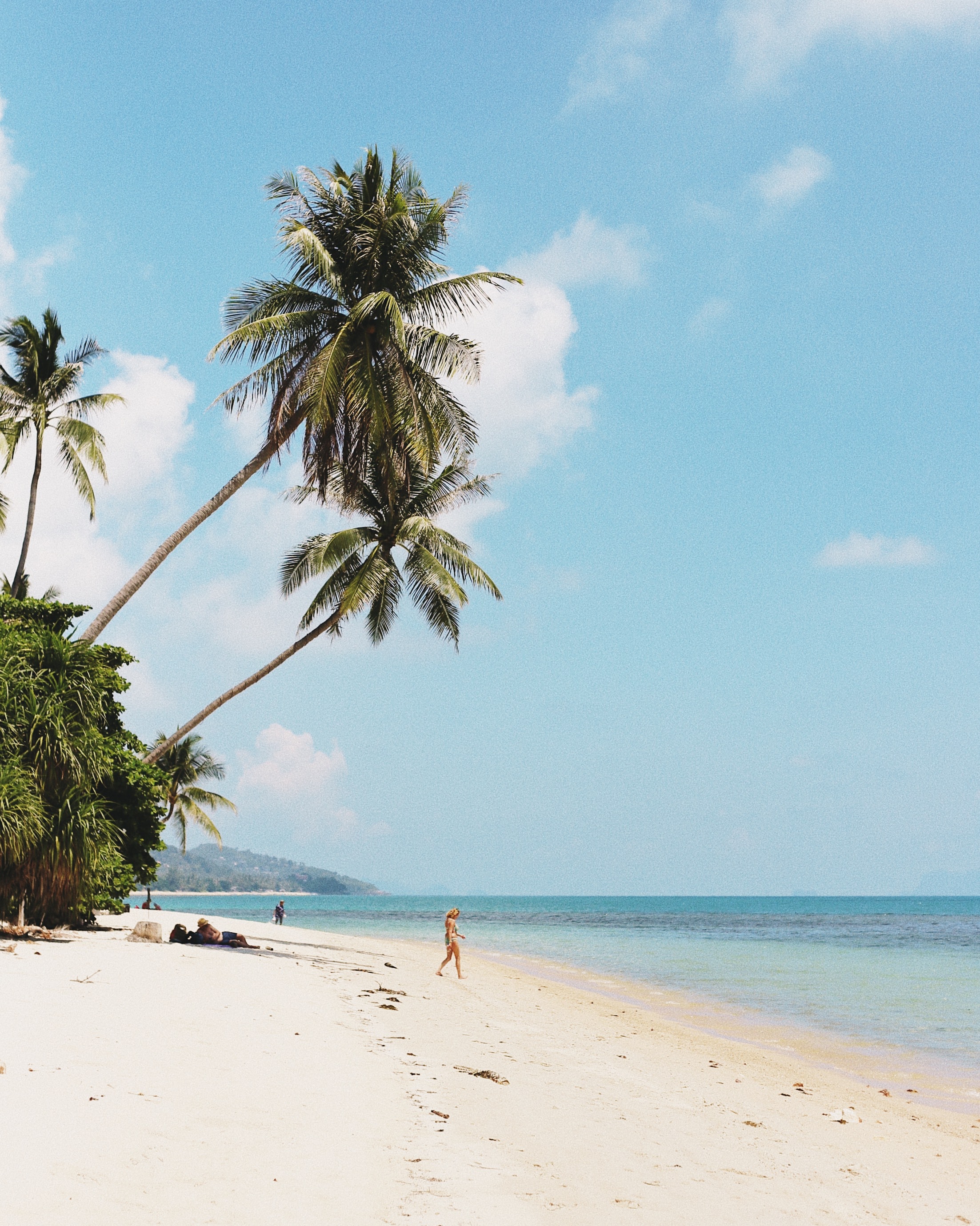
Later, while Myanmar was languishing under repressive military regime and Vietnam, Cambodia and Laos were suffering through the Second Indochina War, Thailand super-charged its economy by hosting American troops — then seamlessly transformed itself from a wartime R&R destination into Southeast Asia’s first international tourism hub.
Looking back on Thailand’s success, it often seems to be characterised by a readiness to change, adapt and seize opportunities.
This is nothing new. Back in the 13th century, the Kingdom of Sukhothai was known for its genius for adapting outside influences to domestic purposes. Culturally omnivorous, it sucked in art and knowledge from all corners of the world, fusing insights from Persia, Japan and France with local Khmer, Mon and Malay traditions to synthesize something entirely new. The resulting “Sukhothai style” is considered the birth of Thai culture, and has remained the bedrock of traditional art and architecture in Thailand ever since.
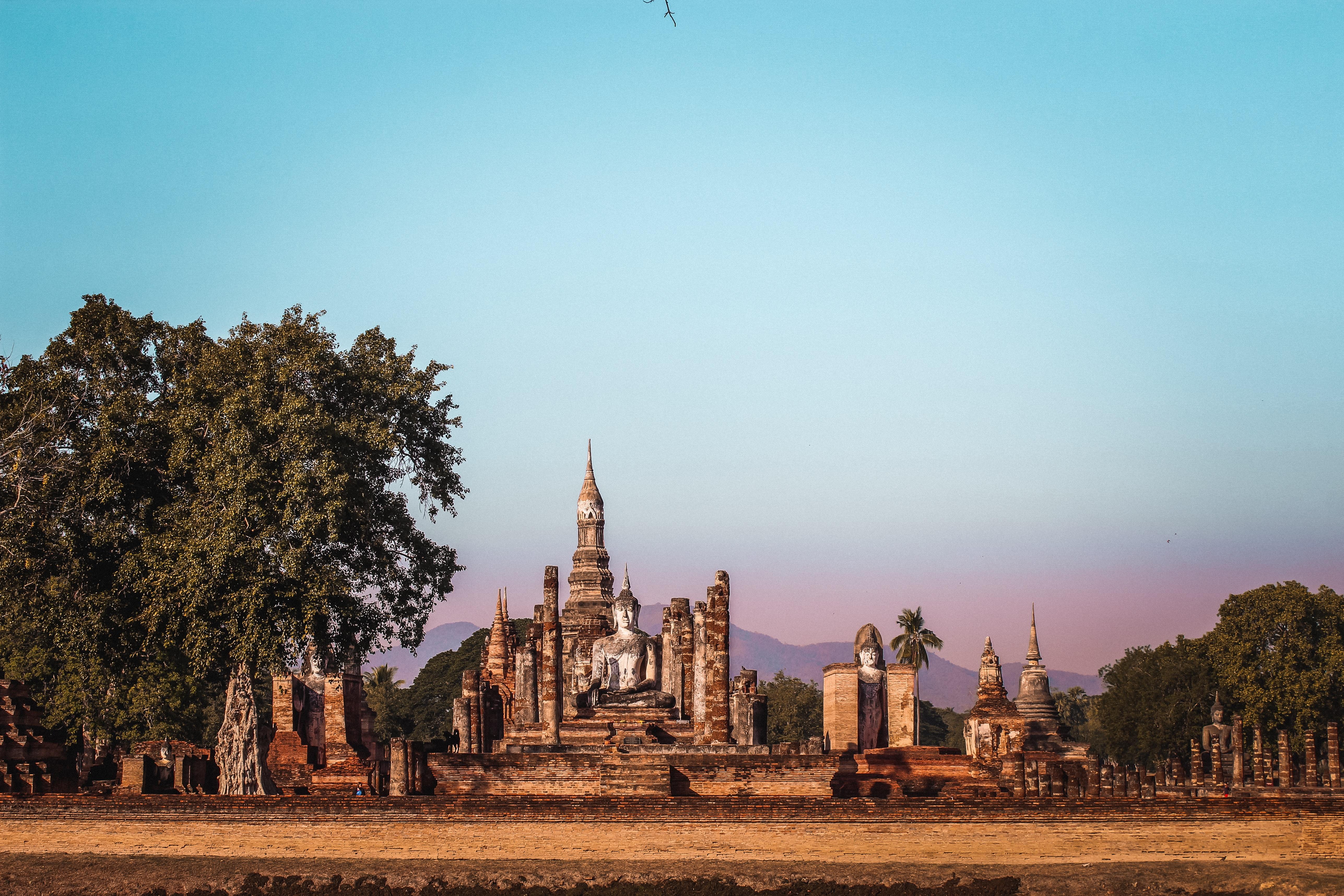
But the flip side of adaptability, some might say, is instability — and Thailand has seen its fair share of that, too. Since the first version of its constitution was ratified in 1932, it has been through a dizzying 20 rewrites, the most recent in 2017 causing controversy by giving extra powers to the military. Throughout this time, Thailand has flip-flopped between military dictatorships and elected governments, with coup after coup ensuring a semi-permanent state of flux. For decades, the only real stabilising force in the country was beloved King Bhumibol, who reigned for a record 70 years until his death in 2016. Unfortunately, his “playboy” son, King Vajiralongkorn, seems more interested in throwing birthday parties for his pet poodle than stepping into the role of national father figure.
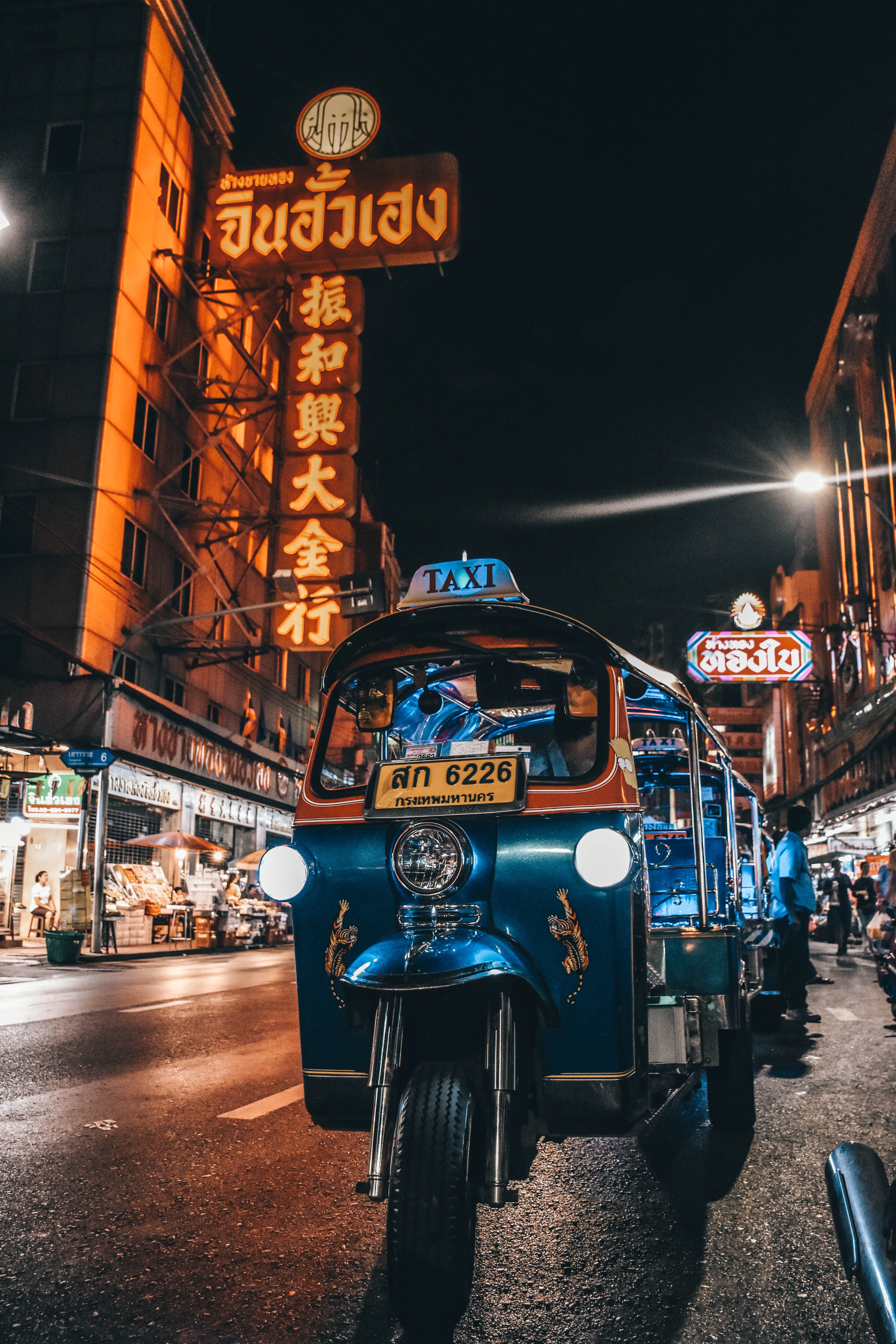
Though there has not been a coup in Thailand since democratically elected prime minister Yingluck Shinawatra was ousted by the military in 2014, the country remains sharply divided between those who support Shinawatra (whose party is known for its policies targeting poverty), and those who accuse her and her family of corruption (mostly the traditional elite and middle classes). Protests against the military government continue, with protesters demanding a redrafted constitution, the dissolution of parliament, and an end to public intimidation. Most notable among the demands is reform of the monarchy — an unprecedented appeal in a country where criticism of the royal family can land you in prison for treason.
Should visitors to Thailand be worried about political instability? For the most part, no. Though political tensions have caused tourists to stay away in the past (most notably during the 2014 coup) such events are rare, and usually only felt in the capital.
Indeed, with some exceptions, Thailand is a joy to travel. It has had 50 years to perfect the art of hospitality, and the result is that you won’t find better service or finer hotels anywhere else in the world.
Thai people are long accustomed to foreign tourists, which means that many people understand English, Westerner-friendly food is readily available, and every town has a proliferation of guides and operators ready to sell you cultural experiences, historical tours and outdoor adventures. It does also mean that you’ll have to contend with some pushy touts, tourist tat, and occasional crowds — but that’s the price you pay for beauty, ease and comfort.
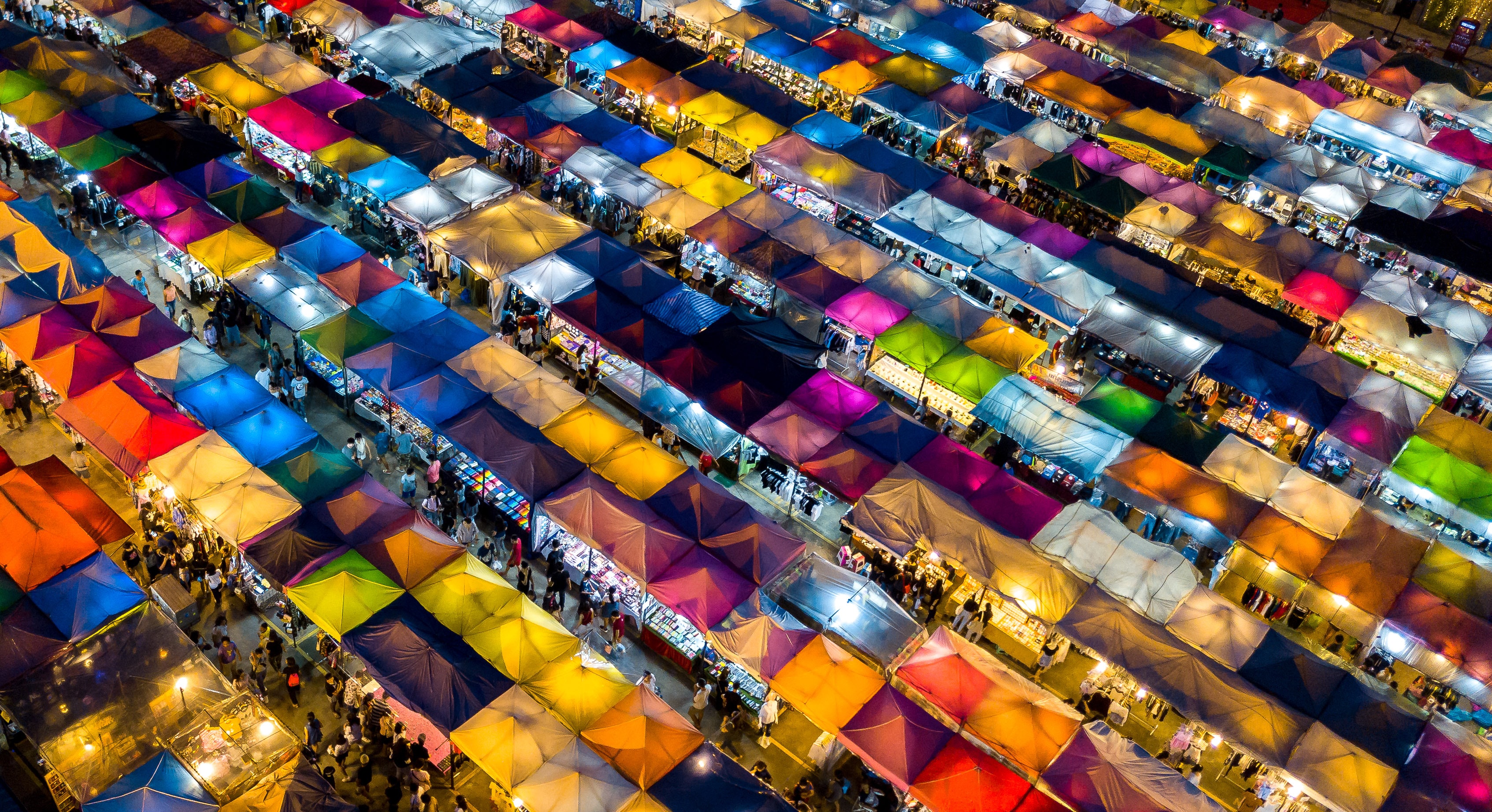
You might wonder why, if it’s so easy to travel Thailand, would you bother with a tour operator? It’s a fair question — and you certainly can visit Thailand independently without much difficulty. The hard part is knowing what’s actually worth doing.
Thailand’s tourist industry grew at breakneck speed, before the world really knew about the perils of unregulated mass tourism, and that legacy lingers. Everyone has heard about the overdeveloped and overcrowded beaches, unethical elephant camps and tiger-petting experiences, the drug-fuelled “full moon” parties, the infamous ping-pong shows and the thriving sex tourism industry. These things do exist, but they’re easily avoided. What’s more difficult is knowing how to tell the truly great hotels, tours and experiences from the substandard ones. Choose poorly, and you risk contributing to exploitation and environmental degradation — but choose wisely and you’ll have the time of your life.
The good news is that, while Thailand has its detractors, we feel that it’s a case of a minority of bad actors garnering an outsized reputation. Thailand has learned a lot from the past 50 years of tourism, and things are improving all the time. Logging is now entirely banned, and eco-lodges, sustainable travel companies and community-based tourism initiatives are popping up like daisies (or orchids, perhaps).
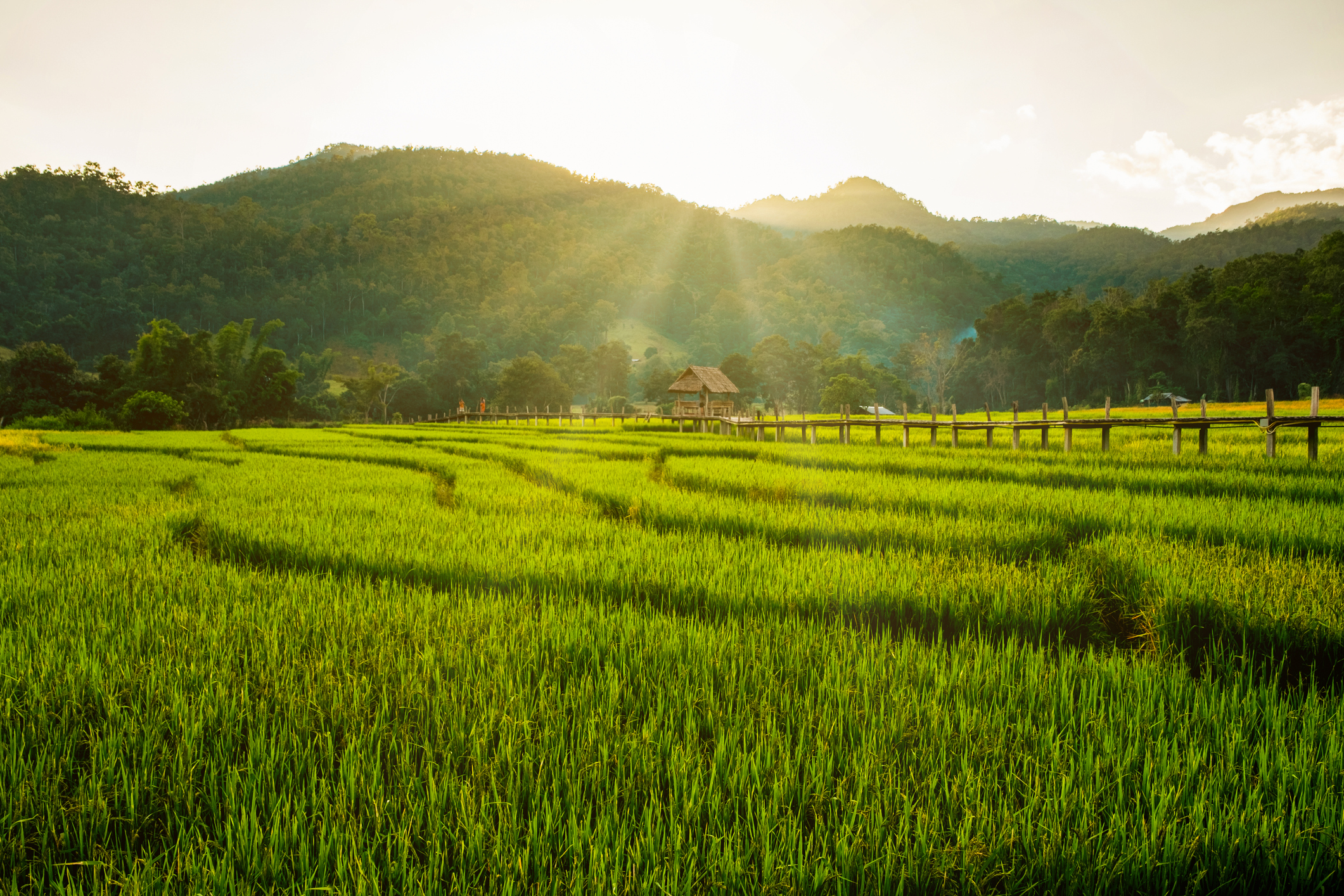
It also really is as friendly as they say. The Thais can give the Japanese a run for their money when it comes to hospitality, and compete with the Burmese for sheer, good-natured affability.
Who wouldn’t want to travel in a country like that? It’s also beautiful. Really, really beautiful. It’s the original tropical paradise — with seas as clear as glass and sand so white it threatens to burn your retinas. It has jungles three times as old as the Amazon, lakes with limestone caves and jagged karsts, and mountains threaded with hiking trails through paddy fields, forests, minority villages and hot springs. Then, it has ancient ruins in which you can trace the birth of Thai culture, laid-back towns full of art galleries and hipster coffee shops, and vast cities where tradition and modernity collide at 100 miles an hour in a chaotic explosion of life.
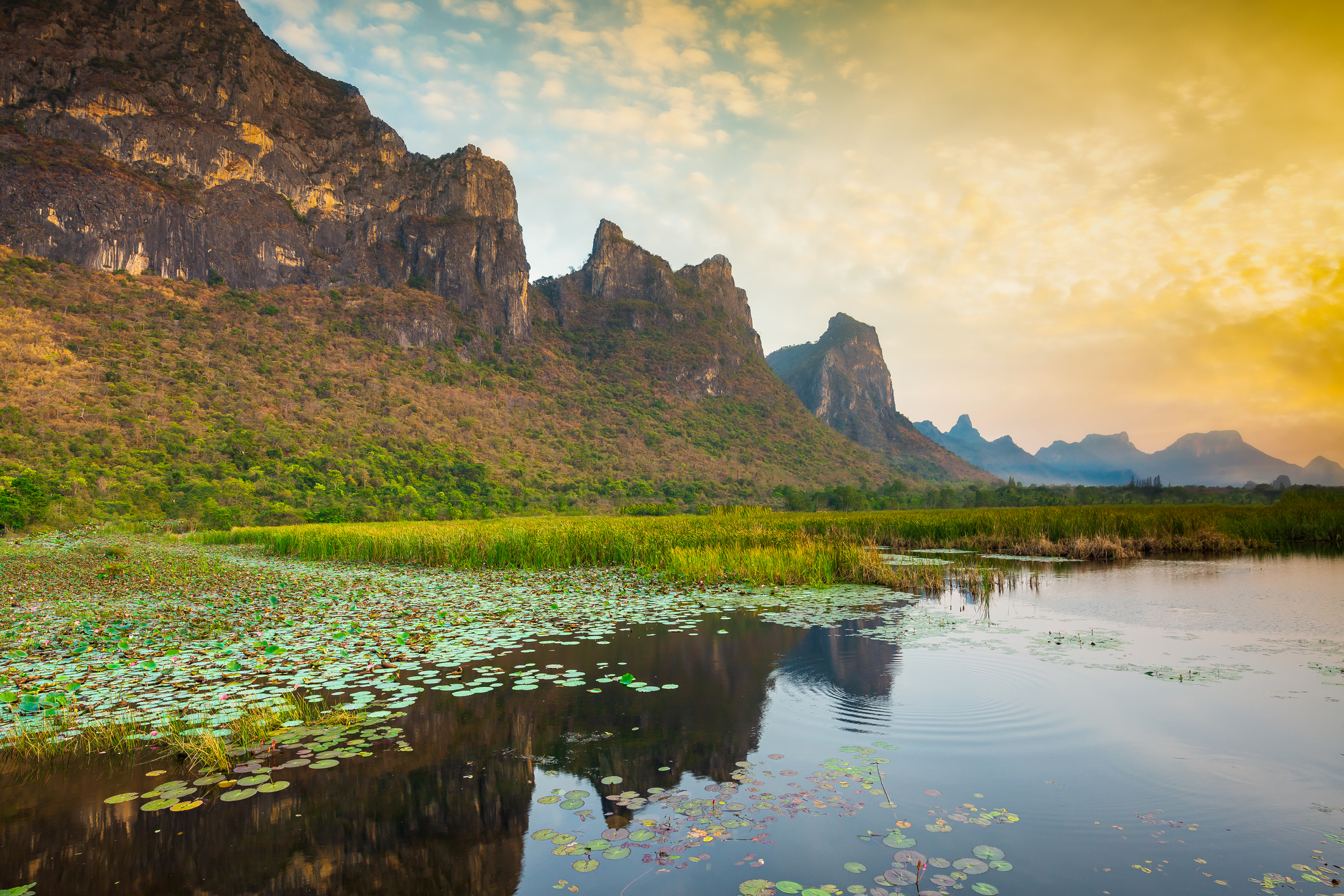
And it’s something of a travesty that we’ve even got this far without mentioning food. If there is one thing everyone can agree on, it’s that Thai food is nothing short of godly.
Even without any of its other charms, we’d probably still come to Thailand just to get a bowl of fragrant green curry, or to browse the endless steaming, sizzling stalls of Bangkok’s street-food markets. And though you might think you’re familiar with Thai food — think again. Sure, there’s old friends like pad thai and Massaman curry, but there’s also sesame dumplings, stir-fried crab, bread rolls filled with chocolate, mung bean candy and oyster pancakes. The list is (literally) endless, and it’s all gloriously, incomparably delicious.
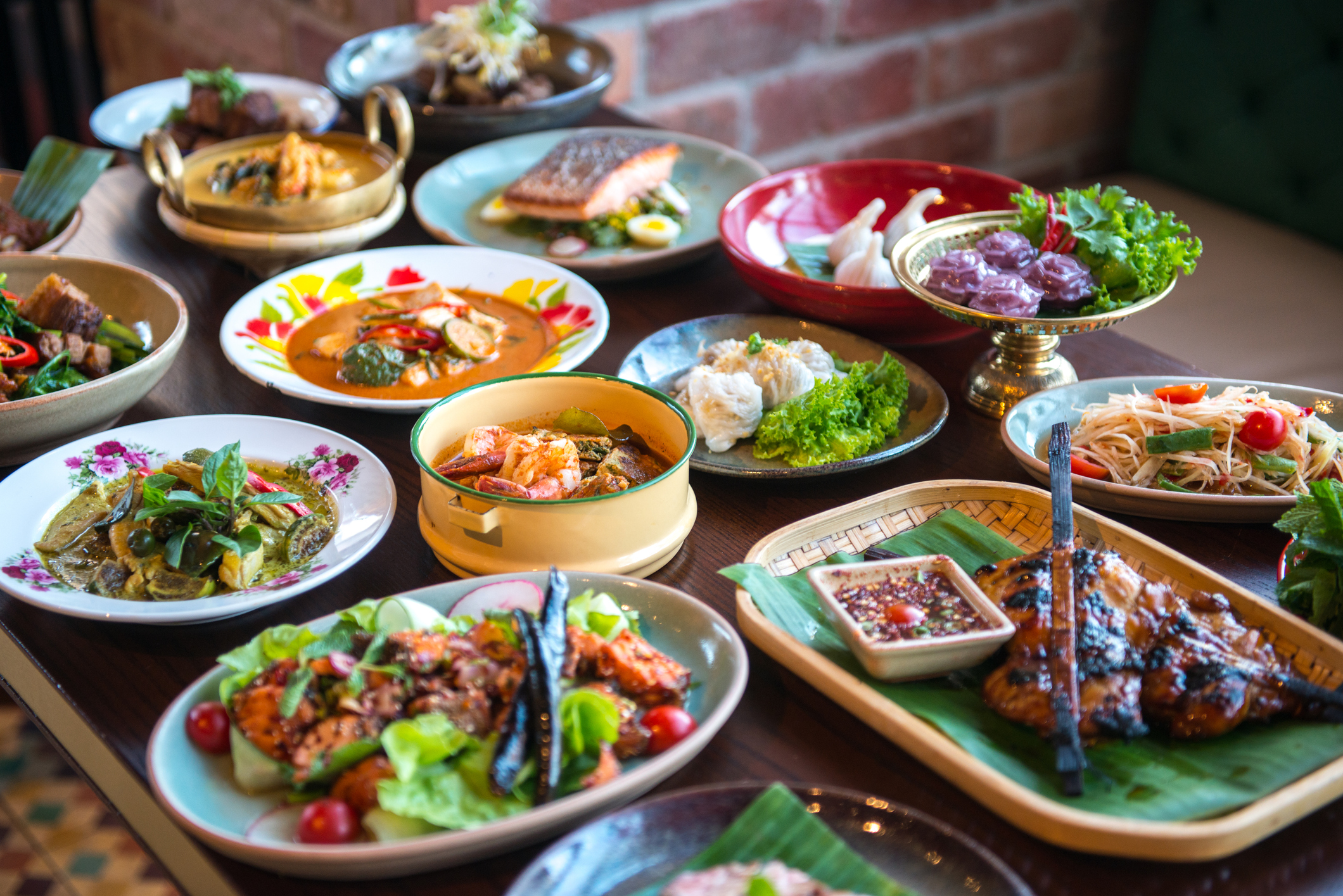
Basically, there’s a very good reason that 60% of Thailand’s visitors are returning travellers. This is a country that draws you in with its promise of tropical weather, friendly people and ease of travel, then steals your heart with its natural beauty, delicious flavours and cultural complexity. With Thailand, you don’t have to worry about whether you’re going to have a good time — you can be absolutely certain it’s going to be amazing.
